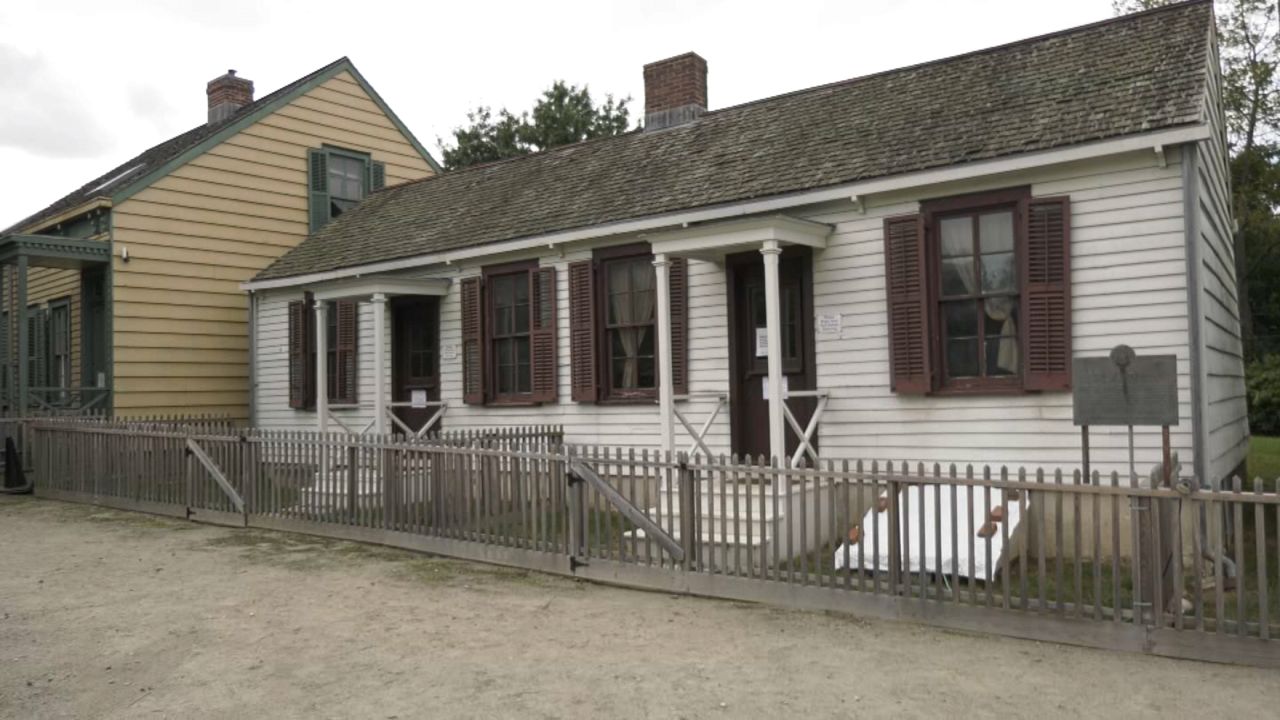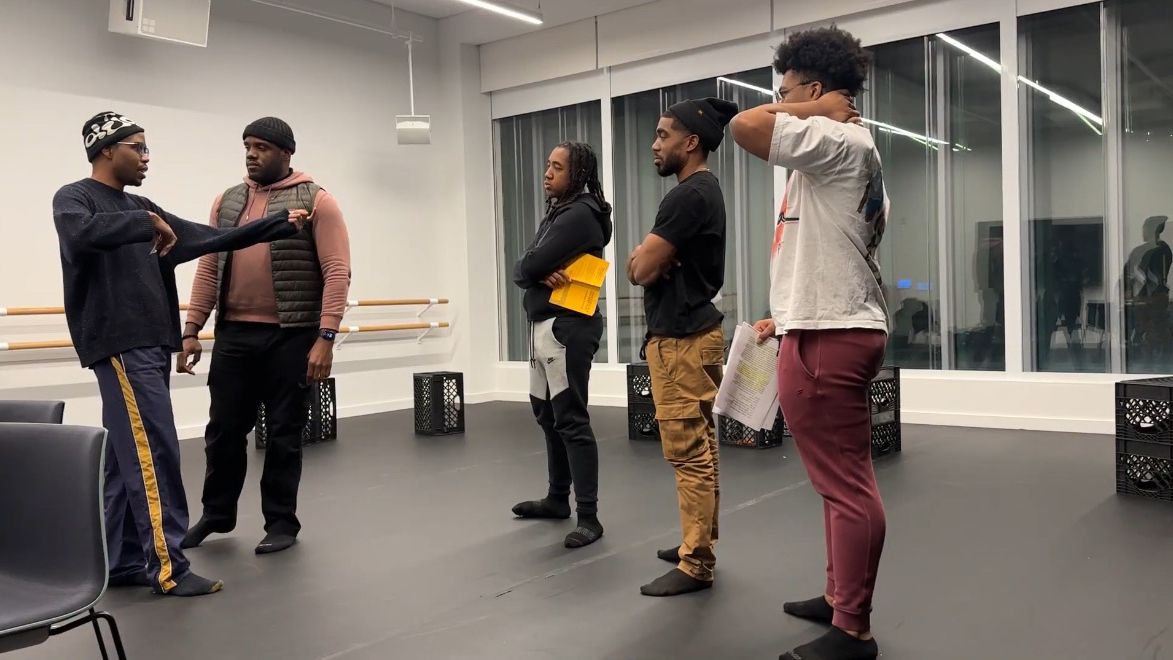He may have been from Australia, but Norman Rosenbaum spent much time in Brooklyn seeking justice for the death of his brother Yankel.
"His blood is on their hands. And I hope they never, ever, ever forget,” Rosenbaum said in 1992.
Rosenbaum didn't let the city forget.
His brother was a rabbinical student in Brooklyn when he became a victim of an anti-semetic attack during the Crown Heights riots in 1991.
The days of unrest began on August 19, when a Black child, 7-year-old Gavin Cato, was playing on the sidewalk when he was struck and killed by a station wagon that was part of a Hasidic Jewish motorcade.
Three hours later, Yankel Rosenbaum was stabbed in apparent retaliation, even though he had nothing to do with the accident.
Norman Rosenbaum blamed Mayor David Dinkins and city officials for his brother's death.
"None of the basic policing measures were put in place,” Rosenbaum said in 2011. “Crowds weren't contained. Crowds weren't arrested, weren't dispersed and crowds weren't arrested."
Teenager Lemerick Nelson was arrested, acquitted of state charges, but convicted on federal civil rights charges.
Rosenbaum attended the trials. He was an attorney whose strong presence commanded the attention of community and city leaders for nearly three decades. He died on Saturday in Australia from unspecified health issues.
"He was a proud Jew,” said family friend Yaacov Behrman. “He was a tough Jew. It's a terrible loss to the Jewish community."
Rabbi Behrman is from from Crown Heights. He sent a tweet expressing his grief with a photo from four years ago on the 25th commemoration of Yankel's death.
“We stood together at the site of Yankel's murder and we did a prayer and a memorial and prayed for Yankel,” Behrman said.
Rosenbaum also forged a friendship with Carmel Cato, Gavin's father. Community leader Richard Green helped to arrange their first meeting.
"That was a real moving moment to me,” said Richard Green. “What I would've thought those people might not have been able to see eye to eye on certain issues, but just the opposite. Norman surprised me and surprised everybody else because he came in and they began to talk."
Green said that communication should serve as an inspiration to New Yorkers, as it helped to bring closure to a tragic time in city history.
Norman Rosenbaum was 63 years old.









